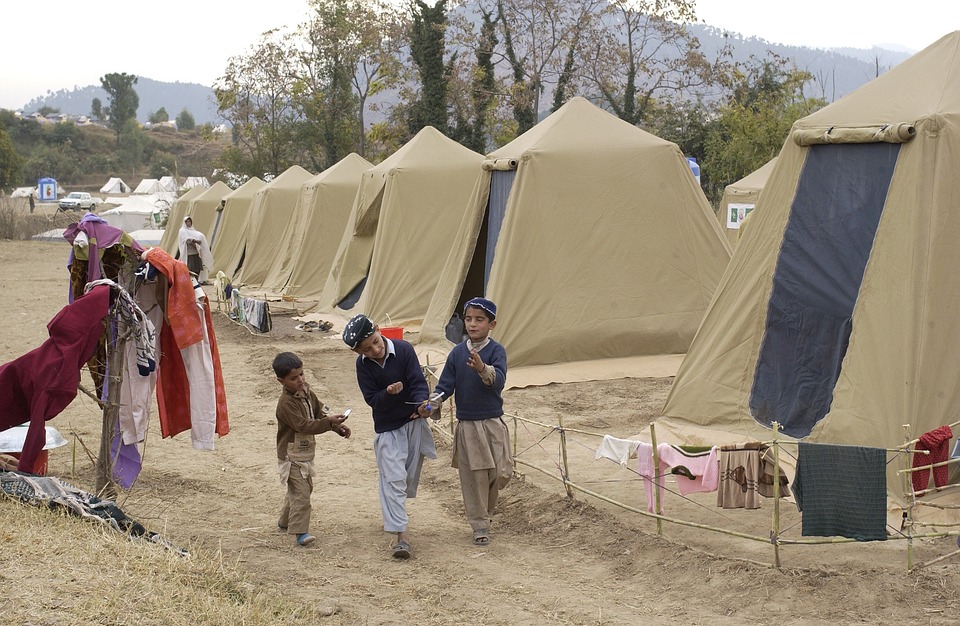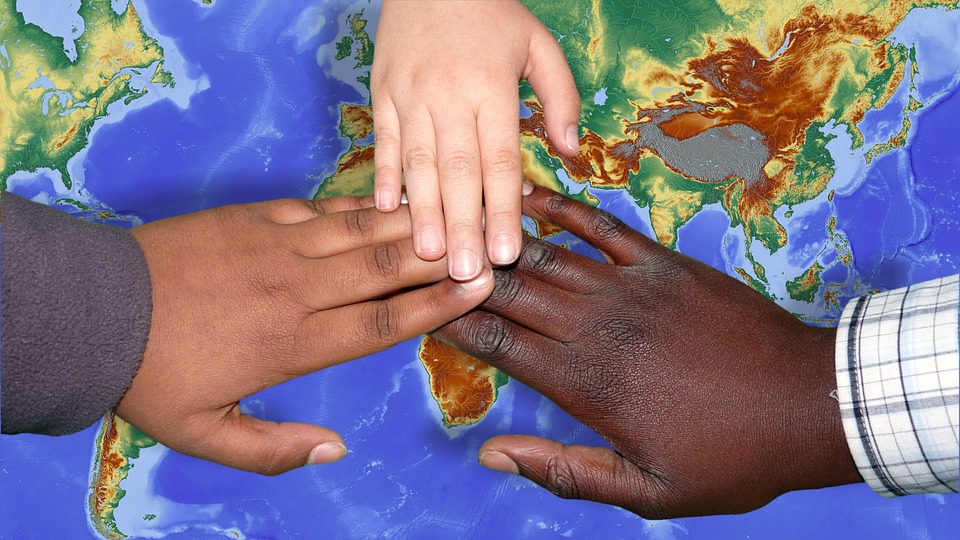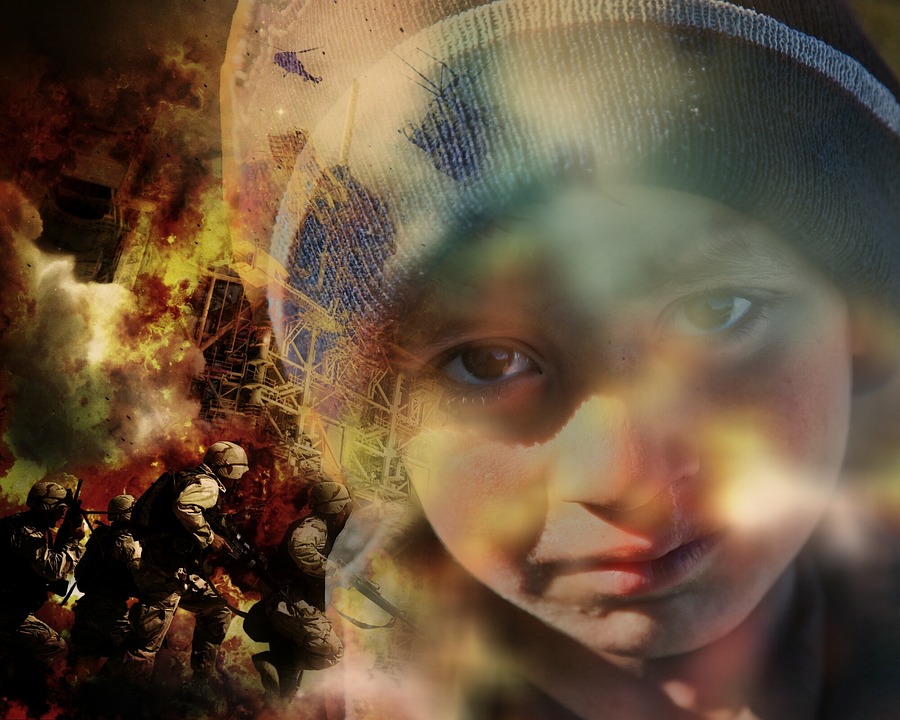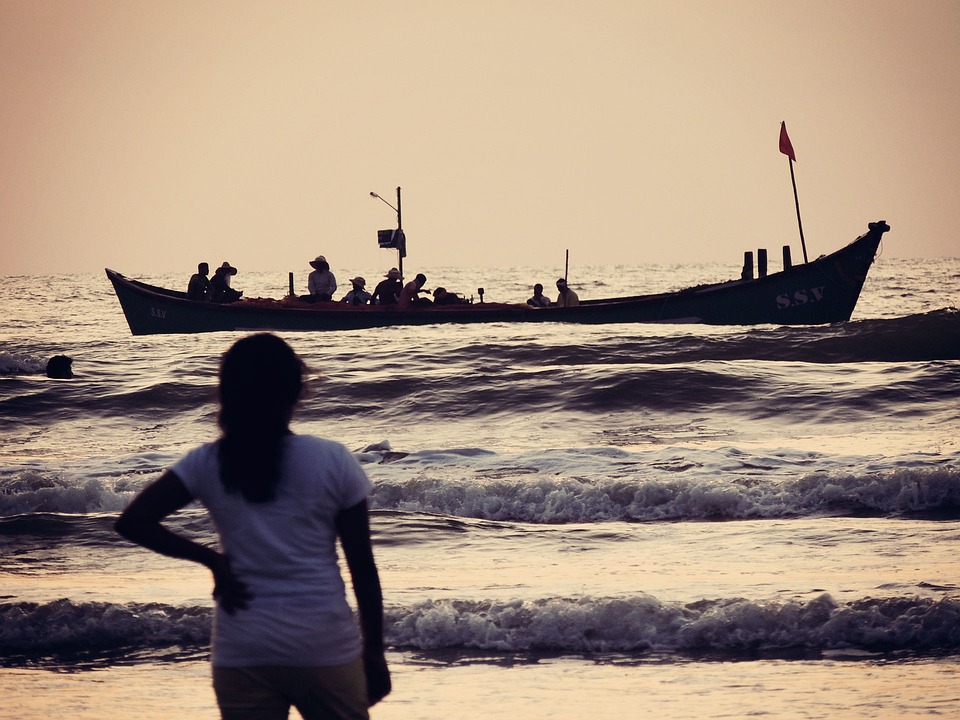Michael Tapakoudes Michael is an author, blogger and passionate free speech advocate. His educational background is in law; he holds Degrees from the University of Cambridge and King’s College London. Blog: www.deathofreason.net Publications: Speak if Thou Dare: An Absolutist Defence of the Freedom of Speech in the Age of Enforced Silence (2019) Anarchists to Pornographers: The Life of the First Amendment (2022)
Perhaps, the central lesson from Europe’s painful and blood-soaked twentieth century, is that no nation, however seemingly “advanced” or “civilised” it may pride itself on being, is not immune to the fevers of political extremism and intolerance. While the post-WWII international order was largely based on a collective effort to tame and neutralise the beasts of fascism and communism – the empty ideologies of misery and death – there is no guarantee that we will remain free of dangerous political currents rising again. That requires continued work and deliberation.

Today, Europe finds itself – again – at a dangerous crossroads. Corrosive inflation, sluggish-to-non-existent economic growth and uncontrolled migration are eating away at the patience and compassion of millions of moderate Europeans. Add to this, the inestimable collective fatigue we all carry with us from the COVID-19 pandemic and you get an unhappy recipe. Why is this important? Economic discontent and mass movement of peoples are the two indispensable ingredients that give way to the rise of demagogues and destabilising political movements. History bears this out again and again and again.
Since 2015, when 1.3 million people reached the continent to request asylum (the most at any time since the end of the War in 1945), Europe has been scrambling to deal with the influx of millions upon millions seeking a new life on its shores. A crudely assembled “deal” between the EU and Turkey in 2016 – which involved multi-billion euro taxpayer payments in exchange for Turkey to stem the tide of migrants traversing through its territory into Europe – was never a sustainable model or a permanent solution. In recent high-level negotiations, Member States were at loggerheads over the idea of offering billions more to Turkey to resuscitate some sort of “informal agreement” on the migrant crisis.

However you slice and dice it, the unmanageable torrent of migration in recent years – complicated even further by the destabilisation of Ukraine since Russia’s 2022 invasion
– has put an immense strain on public services from Nicosia to Berlin. Localities, from
Chloraka to Calais, have been changed beyond recognition – whether demographically, socially or economically – in the span of a few years. Housing shortages, already acute in Europe’s most populous centres, have been exacerbated by the sudden and continuous inflow of migrants; Governments have been forced to set-up what are effectively tenement cities to house an inordinate amount of new arrivals, or, in some cases, house them in private accommodation (at great cost to the taxpayer).
Ordinary citizens of Europe are fed-up, and understandably so. It is an art for many working and middle-class people to survive in these difficult and unforgiving times. Yet, many decent Europeans, cowed by the censorious spells of “political correctness”, are afraid to speak out on the problems blighting their nations and communities from an avalanche of unregulated migration, lest they be branded “racists” and – God forbid – “Islamophobic”. The bulk of the press coverage in Europe (including within the UK) branded the United Kingdom’s democratic decision to restore its sovereignty as driven by xenophobia and covert racism stemming from fears of immigration. We have lost sight of the fact that a nation without borders ceases to be a nation at all. If people feel constrained from speaking out – peacefully and non-violently – on one of the most fundamental issues transforming their societies by the minute, then that oxygen would soon be sucked by more radical and uncompromising political forces.

The rise of populist movements across Europe is not surprising at all – from the Brothers of Italy (Fdi) to the Alternative for Germany (AfD). Many people, feeling voiceless and disenchanted with political sclerosis, lacking faith in the labyrinthine bureaucracy of the EU apparatus, turn to what they believe to be “quick fixes” (spoiler: there are never any “quick fixes” to complicated problems). Others, turn their ire into violence against “foreigners” and “outsiders”, as Cyprus recently experienced with a spate of mob violence and vandalism against innocent people and their businesses. To make abundantly clear what should be obvious: it is never ever okay for civilians to engage in such acts of violence and thuggery to express their disapproval of the status quo.

The 1951 Refugee Convention, the landmark treaty that gave the international definition of “refugee”, which has acquired a customary status ever since, goes as follows:
“[a refugee] is someone who is unable or unwilling to return to their country of origin owing to a well-founded fear of being persecuted for reasons of race, religion, nationality, membership of a particular social group, or political opinion.”
The threshold for qualifying as a “refugee” is very high. Leaving a ravaged nation behind (eg Syria, Libya, Morocco) for better economic opportunities somewhere else does not make you a refugee. This is often lost in the conversation, because any sober discussion about immigration has become a taboo: millions of those seeking asylum in Europe are economic migrants, and are not entitled to the special protections of refugee status.

The European Union must allow more autonomy to individual Member States to deal with their unique migration problems. The rigid model of top-down bureaucracy from Brussels is a terrible one for dealing with such a complex and fluid issue. The migration issues faced by the Republic of Ireland are of a different magnitude to those faced by Greece, Cyprus or Italy. Secondly, national governments should decentralise authority to cities and localities that are more affected by the problems of mass migration. This is in line with the old adage that the “best government is the one closest to the people”. Thirdly, and most importantly, is the pressing need for accelerated investment into more streamlined and efficient asylum processing, to expedite the entire process and ensure the safe and dignified return of those who do not meet the conditions for asylum. Europe cannot afford to sleepwalk into another disaster…



